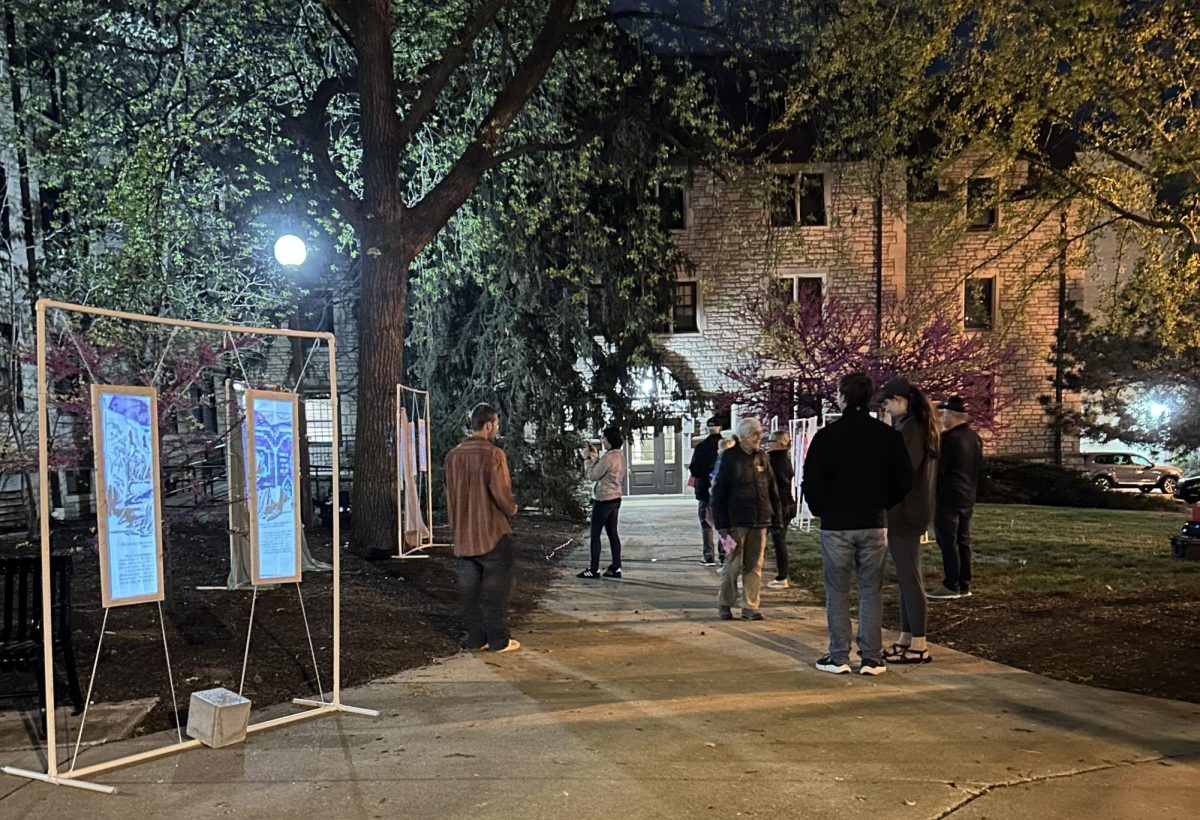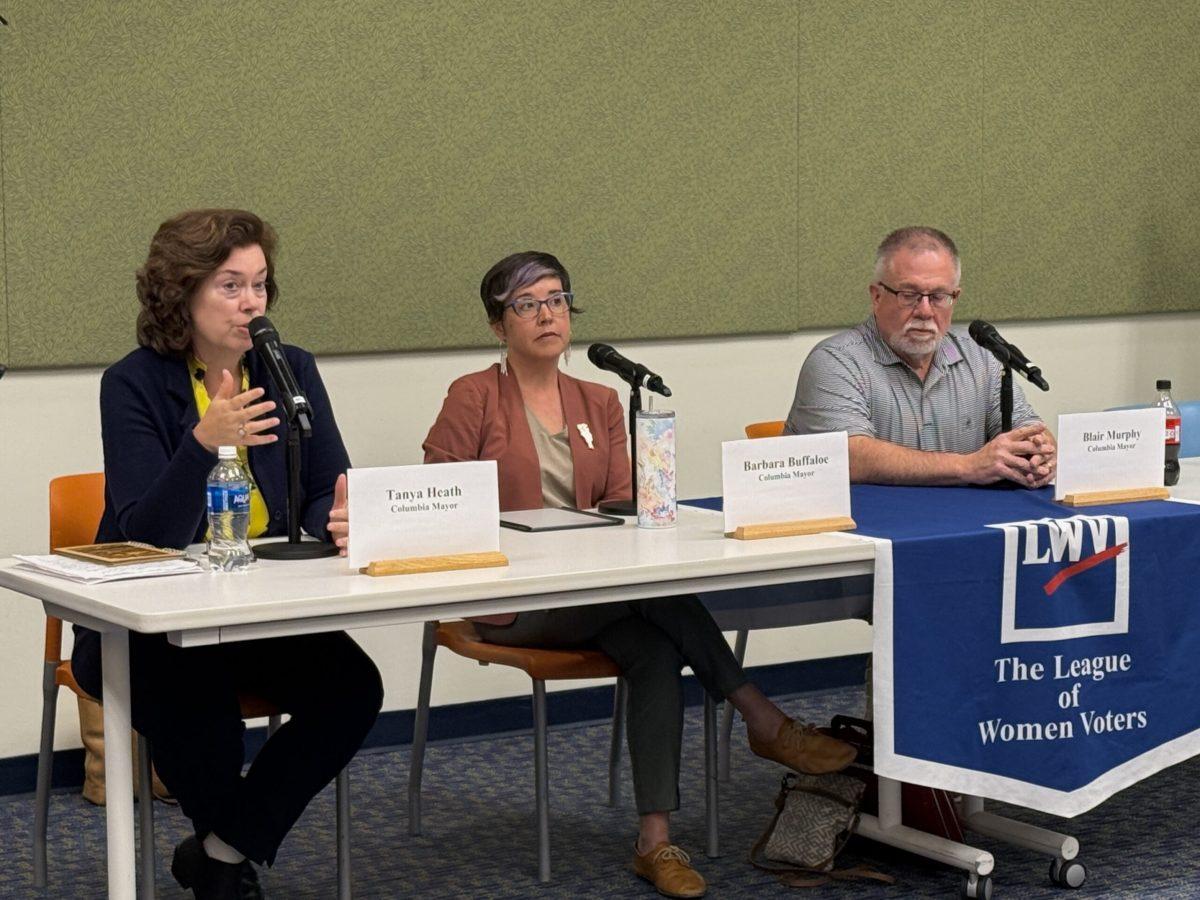As the semester progresses, many students are acknowledging their academic duties — and first round of exams — but February also brings a crucial time for students searching for housing for the next semester.
Most apartment companies targeting students will have leases that begin anywhere between May and August. This means the time to look for properties is now, and places are filling up fast, but there are important guidelines to know before signing the lease.
The first step to touring an apartment is to find possible candidates.
When touring an apartment, the most important tools a possible future resident can have are a camera and a notebook. The apartment you choose may already have damages — damages you do not want to get charged for.
“If you don’t have proof or pictures of any damage that was there prior to moving in, you have no say (if they charge you),” said Franchesca Davis, MU’s off-campus coordinator of the Wellness Resource Center.
Make sure to pay careful attention to possible problems areas, she said, such as wall scratches, faded paint and damages in carpet and corners. Write down a checklist while touring, and pay attention to size of rooms, rent costs, parking and whether or not it’s furnished.
If the apartment is furnished, know exactly what is already there so you know what to bring, she said.
Furnished apartments generally consist of a couch, table, TV, refrigerator, stove, dining table, bed, desk and chair, and dressers, and Davis said it’s a good idea to have a discussion with your roommates about who is bringing what so you won’t end up with multiple items.
Although a lease may seem like legal jargon, the content should not be overlooked. MU’s Student Legal Services offers free half-hour consultations for students, and often times reviews potential leases.
“It roughly comprises half of my job,” SLS Coordinator Steve Concannon said.
When reviewing a lease, Concannon said he looks for unlawful non-refundable fees. This usually includes a contract that states that the resident will not entirely receive their security deposit fee back at the end of the lease.
A suspect lease may state this fee is kept for “redecoration” costs, but he said this is not legal. At the end of the lease, the landlord or management company is not entitled to receive the apartment in the same condition as move-in, Concannon said, and should expect ordinary wear and tear.
The ability to sublease an apartment is also another thing to consider. Some properties allow residents to sublease, but others may not, but subleasing may get complicated, Concannon said.
The whole process of finding an apartment may be time-consuming, but students say it’s worth it once the apartment becomes your residence.
Junior Stephanie Hickman lives at The Reserve and said living off-campus has an entirely different feel than living in the residence halls. Whether it’s the space, the kitchen or decorating, Hickman says she likes the freedom of having her own place.
“I really like the independence,” she said. “You come home, and it actually feels like a home.”






